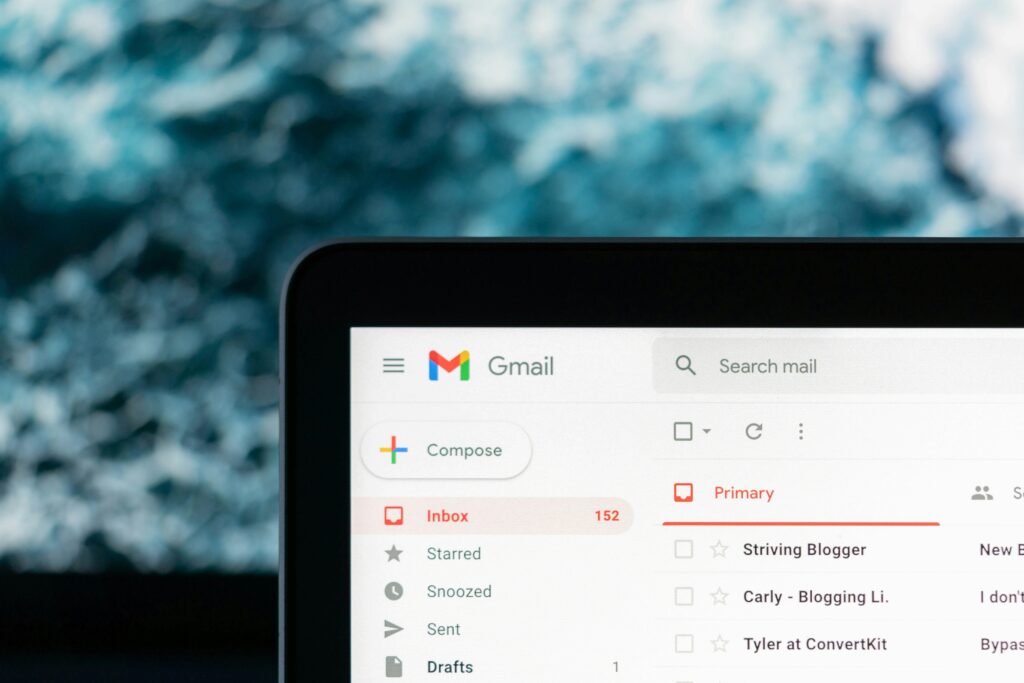Whether you need a stellar letter of recommendation for an internship, full-time job, or higher education application, it’s normal to have some jitters about the asking process. Who should I ask? How far in advance do I have to ask them? How much information should I provide about the opportunity? These questions and more will be answered! Read our guide to asking for (and actually getting) a great letter of recommendation.
Who Should I Ask?
The opportunity you are applying for will dictate who the right person (or people) is to ask. If you’re asking for a recommendation for a professional job, a past supervisor or manager is the way to go. For graduate school or Ph.D. applications, reach out to previous professors or mentors. Letters of recommendation for internships can be a combination of both, depending on the nature of the internship. It can be from an advisor or coach. Or maybe a professor who can portray your academic strengths, or a supervisor who can highlight your work ethic.
But no matter what your letter of recommendation is for, the recommender must know you well enough to vouch for your qualifications and character. It should be someone who knows you beyond your resume and can help paint a more detailed picture of you to the desired organization. For instance, your recommender should have a grasp on what motivates you, how you work under pressure, and the type of team player you are. The most powerful letters come from someone who can confidently and thoroughly speak to why they are recommending you.
Asking in Person
Although we are approaching a more hybrid world full of remote work and classes, many sources still encourage asking for a letter of recommendation in person, if possible. Here are some things to consider when asking your recommender face-to-face:
- Find a time when you can speak to your recommender alone. If you’re asking a professor, arrive early to class or stay a few minutes late, asking politely if they have a moment for a quick question. If they seem rushed or distracted, it’s better to schedule an appointment or meet them during office hours. But don’t be discouraged! Meeting outside of the classroom may give you more time to pitch your request to them, as opposed to talking over other students piling in.

- Always remain professional and respectful during the conversation. You can start your request by mentioning why you think they are the right fit to offer their recommendation. Maybe their class aligns with the subject of your internship. Or perhaps you’ve worked under their management for two years and are quick to pick up extra shifts when other employees call out. Don’t be afraid to remind them!
- If they agree to write you a letter of recommendation, let them know that you will follow up with more details over email. This allows for a concrete paper trail that both you and the recommender can refer back to for timing, details, and more.
- Always say thank you, both in person and via email. Keep reading for more details on what to include in a follow-up email.
Asking via Email
Maybe the professor you want to ask for a recommendation from works fully remotely, or you no longer work directly with an old manager. That’s okay! If done correctly, asking for a letter of recommendation via email is perfectly acceptable. Here are some tips to keep in mind:
- Make sure the subject line of your email is clear and concise! If it seems long-winded or non-urgent, the receiver may not open it right away, especially if they aren’t used to receiving emails from you. Keep it simple: something like “Request for Letter of Recommendation” is perfect.
- If you weren’t able to ask your recommender in person, include enough information to jog their memory. Especially if you haven’t worked with or had a class with them in a while!
- If asking a professor, include the specific class you took with them and when. If asking a work supervisor, include your work dates.
- Give your recommender a good idea of your future endeavors! Why are you applying to their graduate program/job/internship? This information will allow them to emphasize these plans in their letter.

- There’s a high chance that you may have to ask for multiple references from different people. In that case, always make sure each email is tailored specifically to your recommender. If they feel that your request is impersonal or doesn’t state a clear enough connection between you two, they may be more inclined to pass.
- Include a link or screenshot of the opportunity you are applying for! Whether it be a grad or Ph.D. program’s homepage, or the specific job/internship posting, the more information you can provide to the recommender, the better. It’ll also help them write a letter that’s more customized to the specifics of the role. There may be a hundred things about your work ethic or character that your recommender can write about (if they know you well enough). Reading the requirements that the organization is looking for in a new hire will help narrow it down.
- Include all the details, including how the recommender should go about submitting the letter and the deadline. In fact, bolden the deadline. It may be smart to even give them a date a few days before it’s actually due to the organization. Deadline approaching and haven’t heard anything yet? Read what to do below.
General Rules
Regardless of how or who you ask, there are a few guidelines that are always good to follow.
- Ask early to make sure your recommender has plenty of time. Asking a couple of days before the application is due does not allow ample time to write a genuine letter! You also may risk coming off as unorganized.
- If you are one week away from the letter of recommendation deadline and haven’t received confirmation of the letter’s completion, follow up politely! It’s a good opportunity to preemptively thank them for taking the time to write you a reference, and offer to send any additional information they may need before submission.
- This respectful nudge may be helpful to professors or managers that have busy schedules and need a deadline reminder.
- After the conversations have been had, the letter of recommendation has been submitted, and you’ve taken a deep breath, set aside time to write a personalized thank-you note. A thank you email is the standard, but a handwritten note goes above and beyond. It will solidify their choice in taking the time to recommend you! And they’ll be more inclined to help out in the future.
Have more questions about letters of recommendation, interview prep, or resume writing? Make an appointment with Emerson’s Career Development Center!


Karen Carson
Great advice, Lizzy!